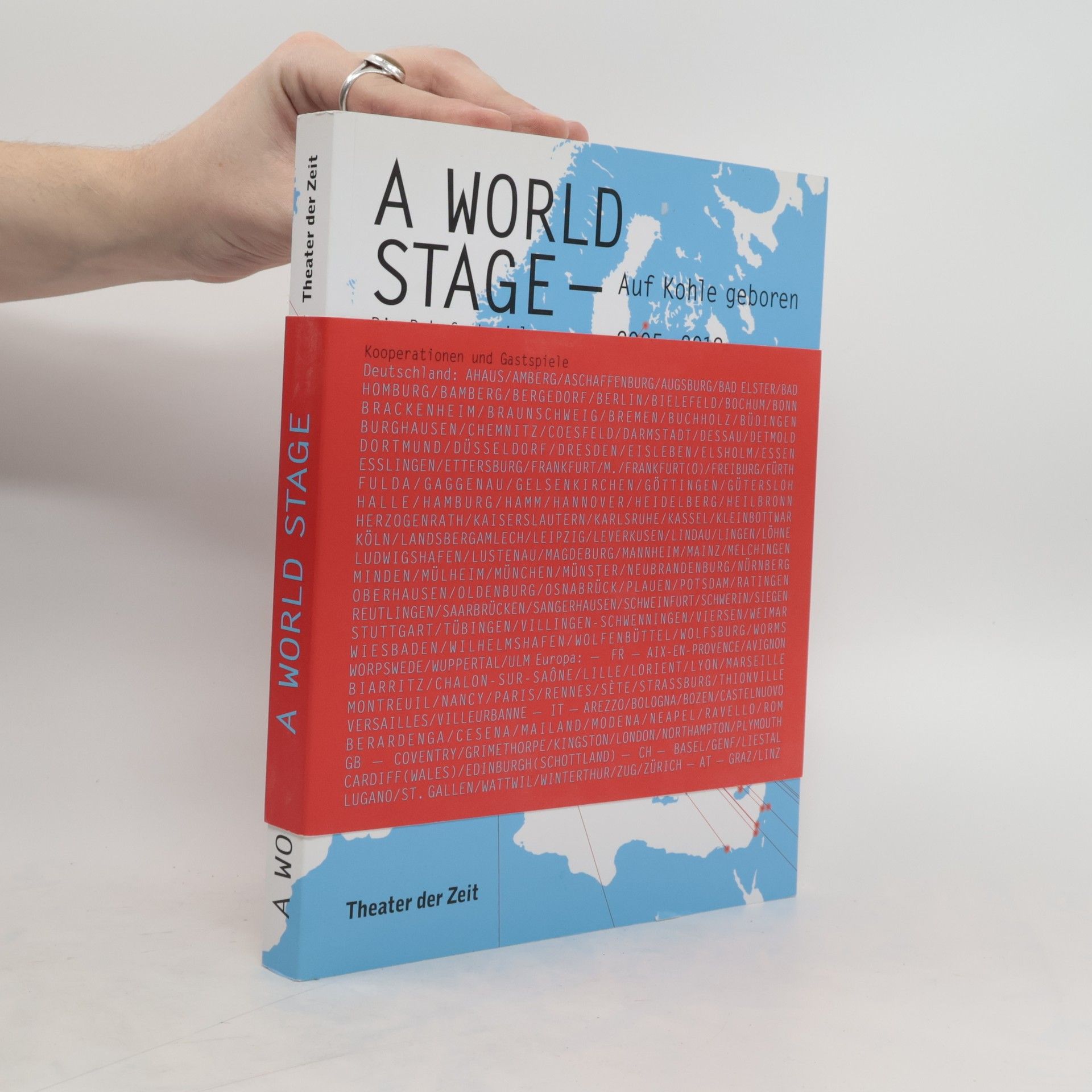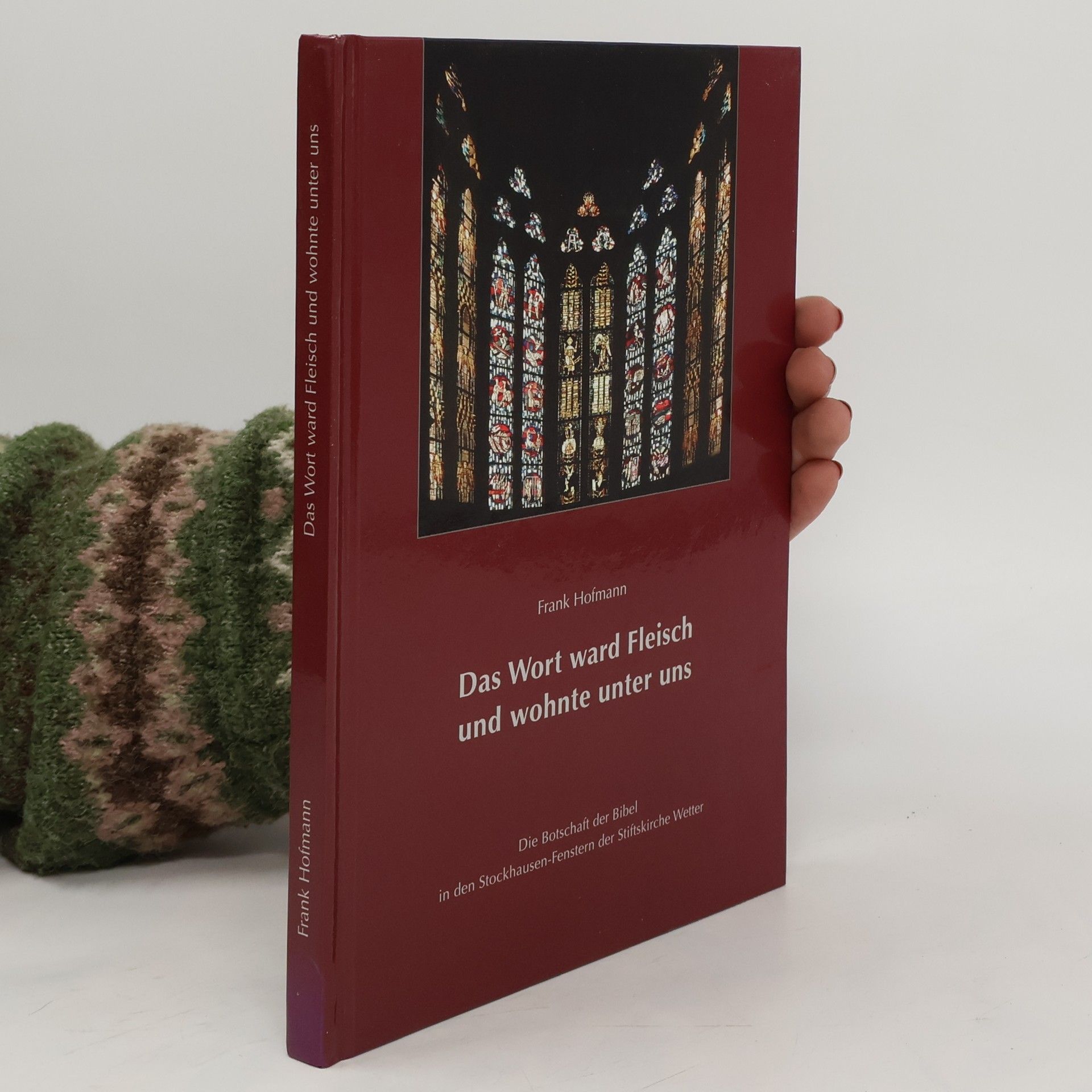Introduction to Crystallography
- 320 páginas
- 12 horas de lectura
Delving into the world of crystals, this book offers a comprehensive exploration of their symmetries and external forms. It presents the principles of crystal morphology and symmetry classification in an engaging, accessible manner, avoiding complex mathematics. Enhanced by clear illustrations, the content is further enriched with online resources, including interactive 3D models that facilitate a deeper spatial understanding of crystal structures.



